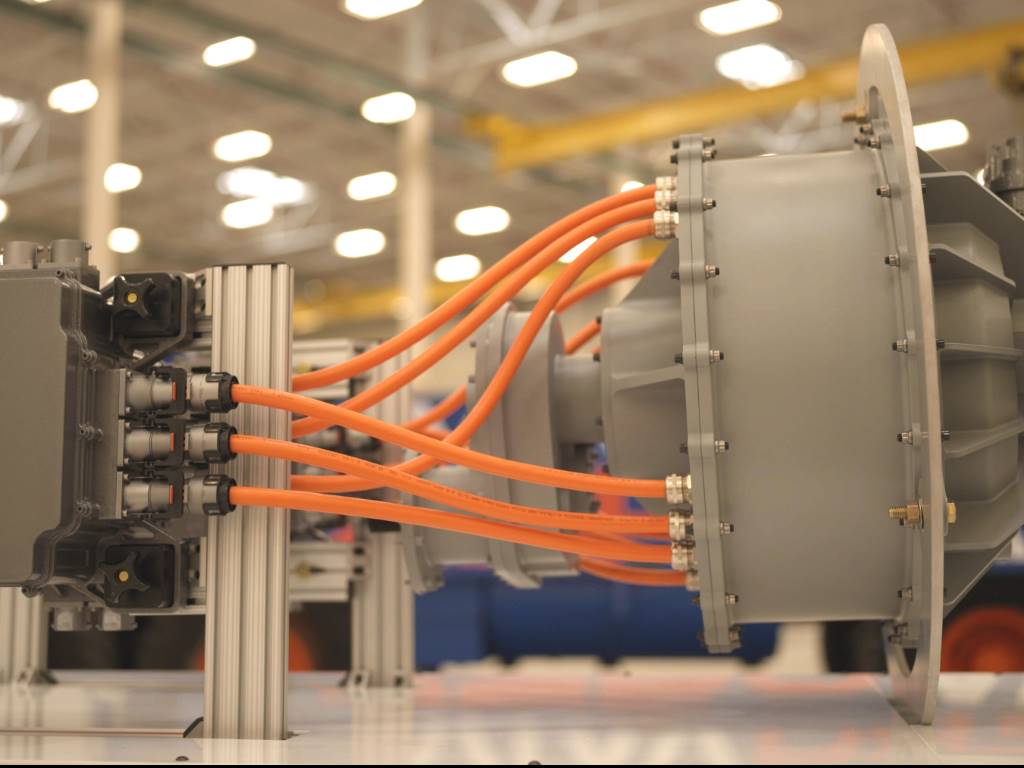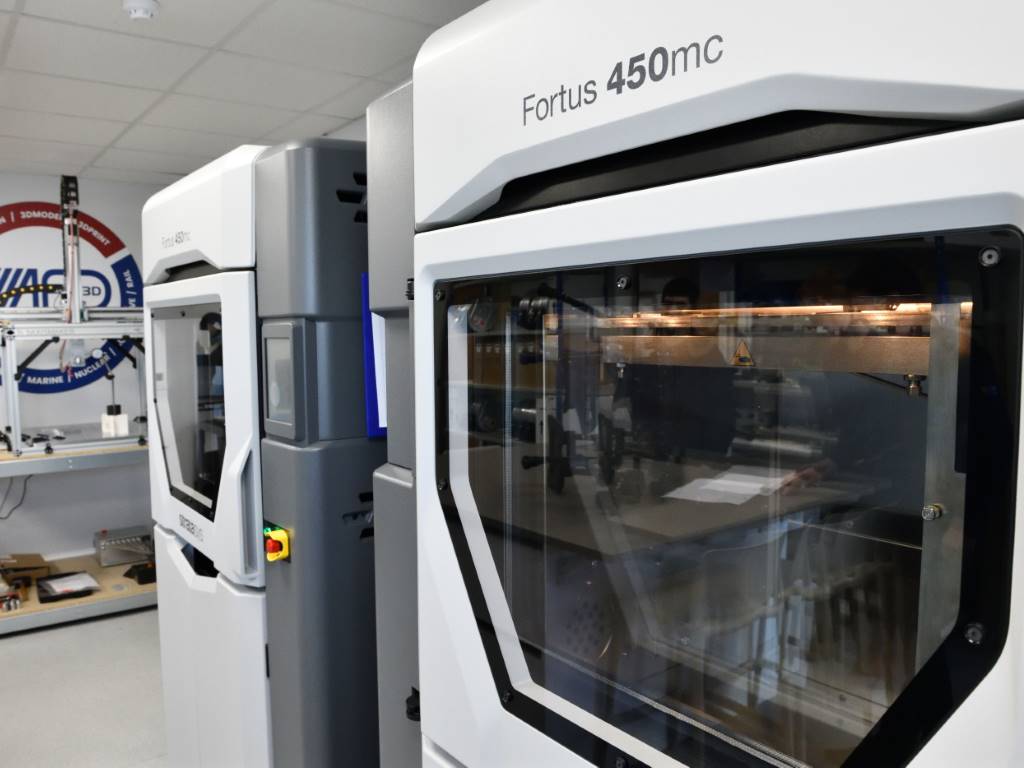Final approach: Going for growth

According to the Electronic Components Supply Network (ecsn) and IDEA chairman Adam Fletcher, the UK electronic components market demonstrated strong growth in 2018 and members are cautiously optimistic that growth will continue, albeit at a slower pace.
In 2018, the UK Distributor Total Available Market (DTAM) for electronic components grew by 9.7%, with ecsn members forecasting that the UK DTAM is likely to grow by a further 6% in 2019. Having already achieved a record of eleven months of sequential growth, ecsn members are optimistic this will continue. If they are proved correct, we will be experiencing the longest period of sustained growth since the 1980s.
Whilst it’s great to be able to report such positive growth, it’s important to understand why this is happening and how it may affect the market in the future. 2018 was a strong growth year for global electronic components markets, driven by sequential improvements in global economic conditions and rising GDP, aided by a multitude of new applications for technology. Manufacturers of electronic components however remained reluctant to invest heavily in new manufacturing capacity because of the volatility of the global economic environment in recent history. They viewed the return on investment in manufacturing capacity to be a riskier proposition than investing in alternative commercial strategies, such as mergers, acquisitions, stock buy-backs, etc.
The sequentially increasing demand for components compounded by a lack of international investment in manufacturing capacity has resulted in the average lead-time for all electronic components increasing over a three-year period from an average of 2-6 weeks to 10-16 weeks, while some components are currently on 26+ week lead-times. ecsn’s manufacturer members and their authorised UK distributors have increased their local inventory through Q4 2018 and into Q1 2019 in the range 6-to-8 weeks of sales volumes to buffer their customers from any potential delivery problems that may be a result as the UK leaves the EU.
As customers acknowledge the change in lead-times, their ERP systems naturally increase their order cover to reflect the new reality, which further exacerbates demand. Many customers have or are in the process of increasing their in-house inventory of electronic components. This action has in my opinion been mainly responsible for the strong UK DTAM revenues in Q4 2018 and forecast for Q1 2019 and is likely to result in a slowdown in Q2 2019 as this additional buffer inventory is then ‘consumed’.
The global electronic components industry is slowing as customers for mobile phones – the primary market driver - hold off purchasing new phones until faster 5G products and services become available. In the IoT market customer concerns about the lack of an international standard for security are holding up mass deployment, while the current trade dispute between the US and China is causing real concerns as the Chinese economy slows. Automotive sales have been slowing since mid-2018 and in Europe, are not forecast to recover until the second half of 2019. Consumers are concerned about the issues surrounding diesel engines, but more widely are considering the economics of moving towards hybrid or electric powered vehicles. Solid growth in aerospace markets continues as the electronic content of aircraft driven by the transition from hydraulic to all-electronic actuation systems, the increasing complexity of flight computers and on-board passenger entertainment systems.
The forecast for the UK, European and global electronic components markets however remains “up and to the right”. I believe that stronger growth will return in the second half of 2019 and continue into 2020 and beyond with manufacturer lead times for electronic components returning to a new normal average of 10 to 16 weeks. The electronic components supply network is very robust and authorised distributors are well used to successfully and professionally managing the sort of change we’re currently living through. I believe that what risks remain can be best mitigated by positive and timely engagement with partners up and down their electronic components supply network.













